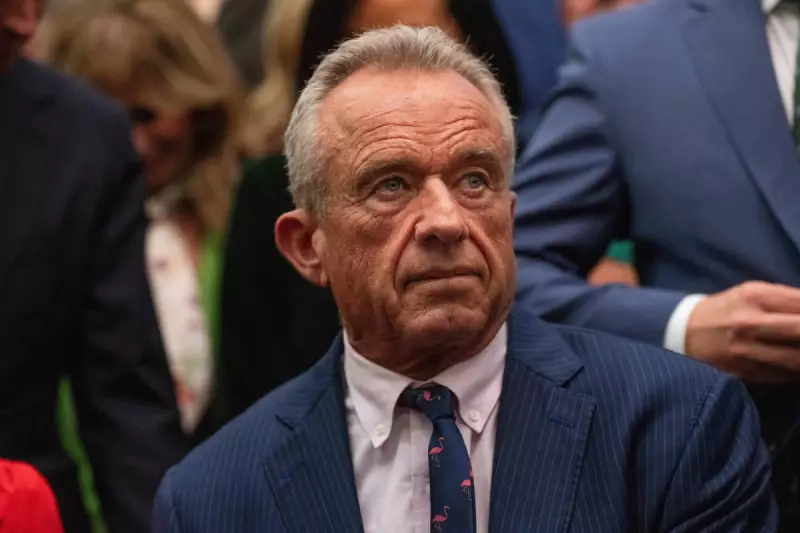
In a move that has sent shockwaves through the US public health community, Robert F Kennedy Jr has orchestrated the forced resignation of a senior Centers for Disease Control and Prevention (CDC) official. Dr Susan Monarez, a respected deputy director, was abruptly ousted from her post, raising immediate concerns about political meddling in the nation's premier health agency.
The controversial decision, which The Guardian has confirmed, marks one of the most significant interventions by Kennedy since his appointment. It is understood that Dr Monarez was informed her position was no longer tenable and was effectively forced to resign. This action is being widely interpreted as a purge of experienced officials, a move that could destabilise the CDC's leadership during a critical period.
A Career Dedicated to Public Health
Dr Monarez was no minor figure within the agency. As a deputy director, she played a pivotal role in shaping the CDC's strategic direction and its response to national health threats. Her expertise and experience were considered assets in navigating complex public health challenges, making her departure a substantial loss for the institution.
Her forced exit follows a pattern of upheaval since Kennedy's installation, triggering alarm amongst current staff and health experts. Many fear that the removal of seasoned professionals could compromise the agency's scientific integrity and its ability to respond effectively to future crises.
White House Declines to Intervene
Despite the gravity of the situation, the Biden administration has remained notably silent. The White House declined to comment on the personnel change, a move that critics argue gives a green light for further potential shake-ups. This lack of intervention is seen by many as a tacit endorsement of Kennedy's controversial approach to leadership.
The incident has sparked a fierce backlash from public health advocates and political commentators alike. There is a growing fear that this could be the beginning of a wider campaign to align the CDC more closely with Kennedy's personal and political vision, potentially sidelining evidence-based science in the process.
The long-term implications for the CDC's morale, independence, and operational effectiveness remain deeply uncertain, casting a shadow over the future of American public health governance.





